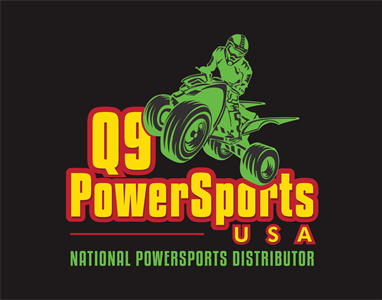Dirty Tools Making Everything Else Dirty
Tools are invaluable assets that aid us in various tasks, whether at home, in the workshop, or on a job site. However, amidst the clatter of hammers and whirring of drills, the cleanliness of our tools often takes a backseat. Yet, the impact of dirty tools extends far beyond mere aesthetics. Dirty tools can compromise the quality of our work, affect the efficiency of our tasks, and even pose health risks. Understanding that keeping your tools clean is as essential as organizing your toolbox is crucial for every craftsman, hobbyist, or professional.
Effects of Dirty Tools
The consequences of neglecting tool cleanliness can be profound:
- Corrosion: Dirt and moisture buildup on tools can accelerate corrosion, leading to rust and deterioration.
- Diminished Performance: Grime and debris can impede moving parts, affecting the precision and efficiency of tools.
- Contamination: Dirty tools can transfer dirt and contaminants to surfaces, materials, or even your hands, compromising the quality of work and potentially causing health issues.
Why Clean Tools Matter
The benefits of maintaining clean tools go beyond appearances:
- Enhanced Longevity: Regular cleaning and maintenance can prolong the lifespan of your tools, saving you money in the long run.
- Optimized Performance: Clean tools operate smoothly and accurately, allowing you to work more efficiently and achieve better results.
- Safety Assurance: Clean tools reduce the risk of accidents and injuries, ensuring a secure working environment for you and those around you.
- Professionalism and Reputation: Clean tools not only showcase your commitment to quality work but also contribute to a positive impression on clients and colleagues.
Implementing a Tool Cleaning Regimen
To uphold the integrity of your tools and elevate your work standards, consider the following cleaning practices:
- Immediate Cleaning: After each use, wipe down your tools to remove dirt, grease, or debris, ensuring they are ready for the next task.
- Thorough Inspection: Regularly inspect your tools for signs of damage, wear, or rust, addressing any issues promptly to prevent further deterioration.
- Proper Storage: Store your tools in a clean, dry environment, preferably in a toolbox or cabinet to shield them from dust and moisture.
- Tool-Specific Care: Different tools require different cleaning methods - refer to manufacturer guidelines or seek professional advice for specialized tools.
- Schedule Maintenance: Set aside time for routine maintenance, such as oiling, sharpening, or calibration, to keep your tools in top condition.
Remember, the cleanliness of your tools is a testament to your craftsmanship and dedication to your trade. By prioritizing tool cleanliness and maintenance, you not only enhance the performance and longevity of your tools but also elevate the quality and safety of your work. Treat your tools with care, and they will repay you with precision, reliability, and longevity in every task you undertake.

